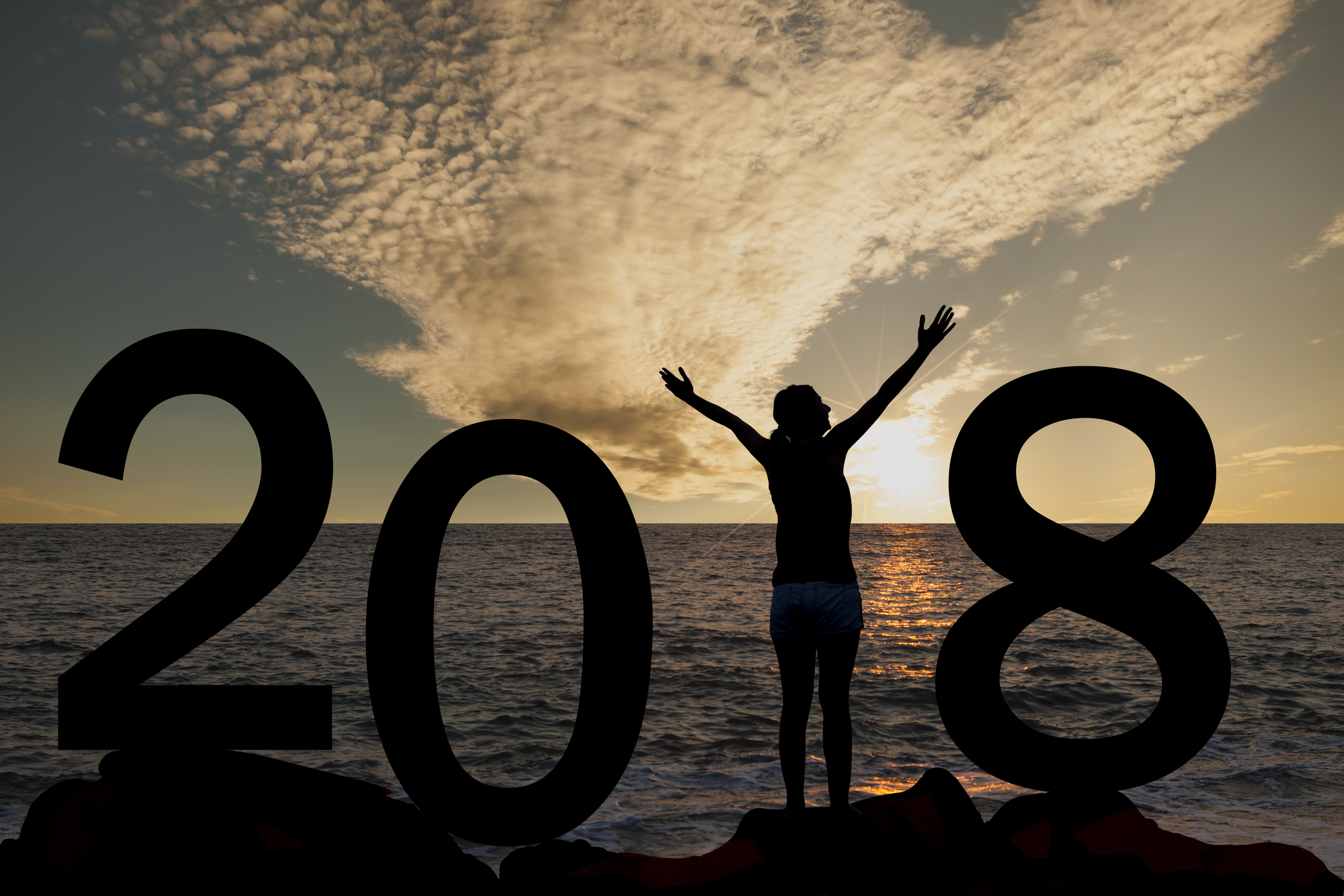Maori tourism fuels the North
In Northland a thriving Maori tourism industry is being fuelled by iwi and individuals…
John Bishop travels north to report on a thriving Maori tourism industry fuelled by iwi and individuals keen to showcase an authentic cultural experience.
Caspar, a ginger-haired man from the Netherlands, stands nervously in front of his fellow guests as a young Maori brave, spear in hand and stripped to the waist approaches across the grass.
Rob, his Maori tour guide, stands by his side, whispering in his ear and tapping his shoulder to move forward or to stop.
Suddenly an older warrior, near naked, with a full moko and tattooed buttocks, leaps from the underground shouting loudly and waving an axe and a wooden cudgel.
Caspar quivers; this wasn’t in the script, but he survives the very vigorous and impressive challenge, and his group of Dutch travellers from the huge cruise ship in the harbour off Paihia moves safely onto the marae and into the whare.
The group has come in a waka, paddling themselves after getting some instructions about Maori commands and paddling techniques from Rob, the waka master.
This is the Taiamai Tours cultural experience offered by Hone and Judy Mihaka – $135 per person for a half day tour.
Theirs is just one of many Maori owned and run tourist operations in Northland, now starting to prosper based on surging tourist numbers to New Zealand and increasing numbers going north rather than south from their arrival point in Auckland.
Very clearly, international tourists are the mainstay of most of these businesses.
“Cruise ships are our bread and butter,” Hone says.
In Paihia, Mervyn and Rangimarie Harding run Tu Tika Tours, offering a five-hour cultural experience in their home after they saw a similar operation on a family holiday in Hawaii.
They cater for parties of between two and eight, at $290 per head for a powhiri, refreshments, some Maori history, learning crafts like making a flower and singing a song, laying down a hangi, a tour of historic sights around Whangarei, eating the hangi and a farewell.
Rangimarie said the spiritual connection forged between the hosts and their guests made the experience “authentic and appealing.” Open for only a few months, they’re selling two to three tours a week and have yet to reach profitability.
Joby and Hinemoa Hopa use the Whangarei waterfalls as the basis of their cultural experience, with guided walks around the falls ($20-$30 for two hours up to half a day) and kapahaka shows in the evening (at $30 per person for a half hour show).
The business started only last year, but is already supporting several full-time jobs.
“The visitors hear the stories and we explain the culture as we walk. It’s Fred Dagg meets Maori,” says Joby.
Koro Carman got the idea for his business while walking out of the Waipoua Forest one evening. He knew that tourists could walk into the Waipoua Forest to see Tane Mahuta and the other big kauri trees for free, so how could he add value and make a living.
The answer was to take visitors to the forest at dusk, tell them the Maori stories around the trees, let them listen to the wildlife. Footprints Waipoua tours launched in 2014 and has been operating successfully since.
Iwi-based enterprise
It’s not always individuals. The Ngati Kuri iwi based around Awanui bought the Ancient Kauri Kingdom Museum, rebranded it as the Ka Uri Unearthed and are now actively developing the business.
Like many other tourism ventures in the north, the customers are day trippers from Paihia and FIT (free independent travellers) exploring the far north.
General manager Philip Sentch says Asians react positively to the age of the wood products on display – it’s all ancient kauri at least 45,000 years old and proven by carbon dating.
“We can sell at premium prices because the product is irreplaceable. $500 for a large salad bowl is acceptable.”
All their products are made on site and employment for their own people is a key driver for the iwi owners.
“The business is fully commercialised, and we have plans for walking tracks, a larger café, conference and wedding facilities, and to increase the jobs from the 18 positions currently in the business,” says Philip.
Tuatara Design is a shop in Whangarei that sells souvenirs and gifts with Maori and environmental themes. Tracey Willms Deane bought the store in 2012 “in a recession” and built up a gift line to fund her own art and now it’s also home to a group of Maori artists.
Tracey’s customers include corporates who buy gifts for their international visitors: from a $16 paua keyring to a $690 tuku necklace.
Chanelle Armstrong says her Internet business, gonative.co.nz, operates as an integrator and connector. Gonative is a hub for Internet searches for Maori business and cultural experiences.
“The businesses we work with leverage the beauty of the area and the rich culture, and turn it into a product,” she adds.
Off the beaten track
Locals from Northland and New Zealand visitors to the region are important components of the visitor mix, but without international visitors few of these enterprises, old or new, would survive.
Fortunately, the prospects for tourism in Northland are good, partly because visitor numbers to New Zealand have been steadily rising for several years, and partly because of efforts to move people off the well-beaten path from Auckland, Rotorua, Christchurch and Queenstown and into the regions like Northland.
Tourism New Zealand chief executive Stephen England Hall said in a tourism newsletter in December that the new Minister of Tourism wanted to explore how tourism and Maori economic development can be better aligned.
That Minister is Labour’s deputy leader Kelvin Davis, MP for Te Tai Tokerau, the Maori electorate taking in most of the north from Auckland up to Cape Reinga.
Many of the operators refer to their desire to end poverty in the north, and to generate opportunities for their young people so that they can stay in the region.
Preserving their culture is also an important factor.
While European visitors, particularly the Germans, are fascinated by the “native experience”, and seem willing to pay top dollar to get authenticity, a Maori cultural experience is not a showband, a cultural display and a hangi any more.
“We are the product,” explains Hone Mihaka, “our history, our stories, our way of life, our values and beliefs.
“People want to know and to experience it, and we seek to provide just that.”
John Bishop travelled to Northland with the support of the Maori Tourism Association. His travel stories can be found at www.eatdrinktravel.co.nz



